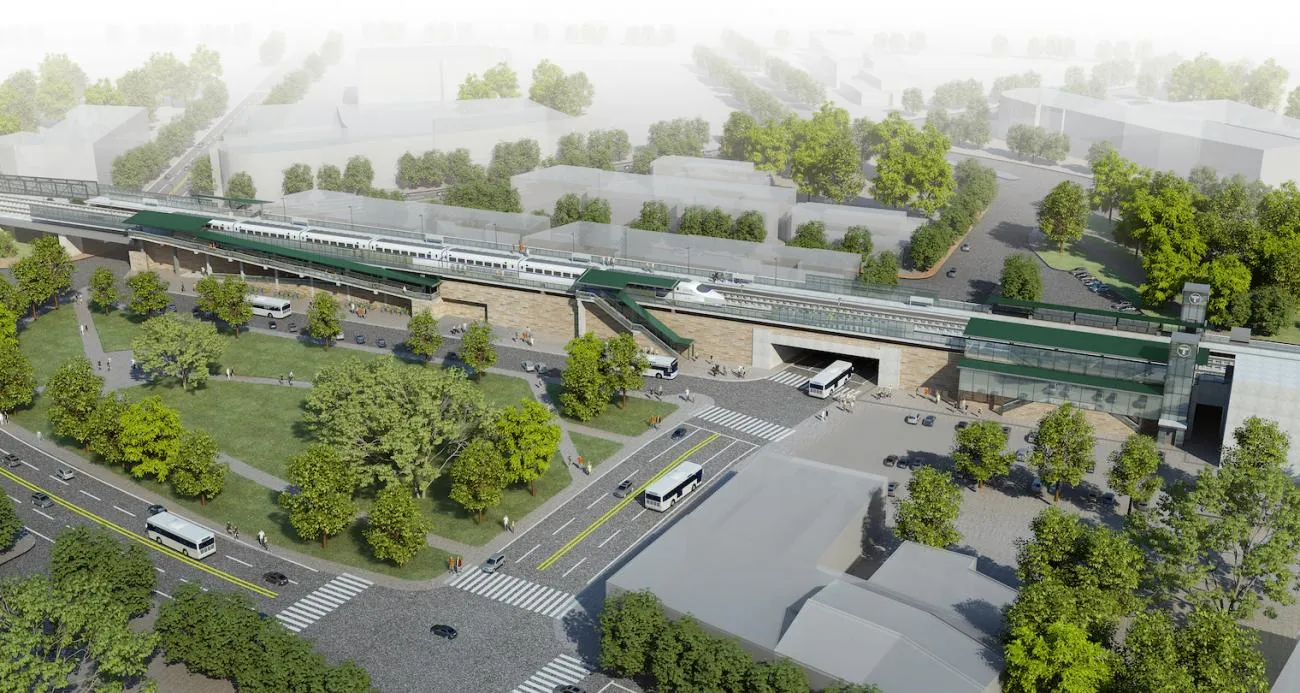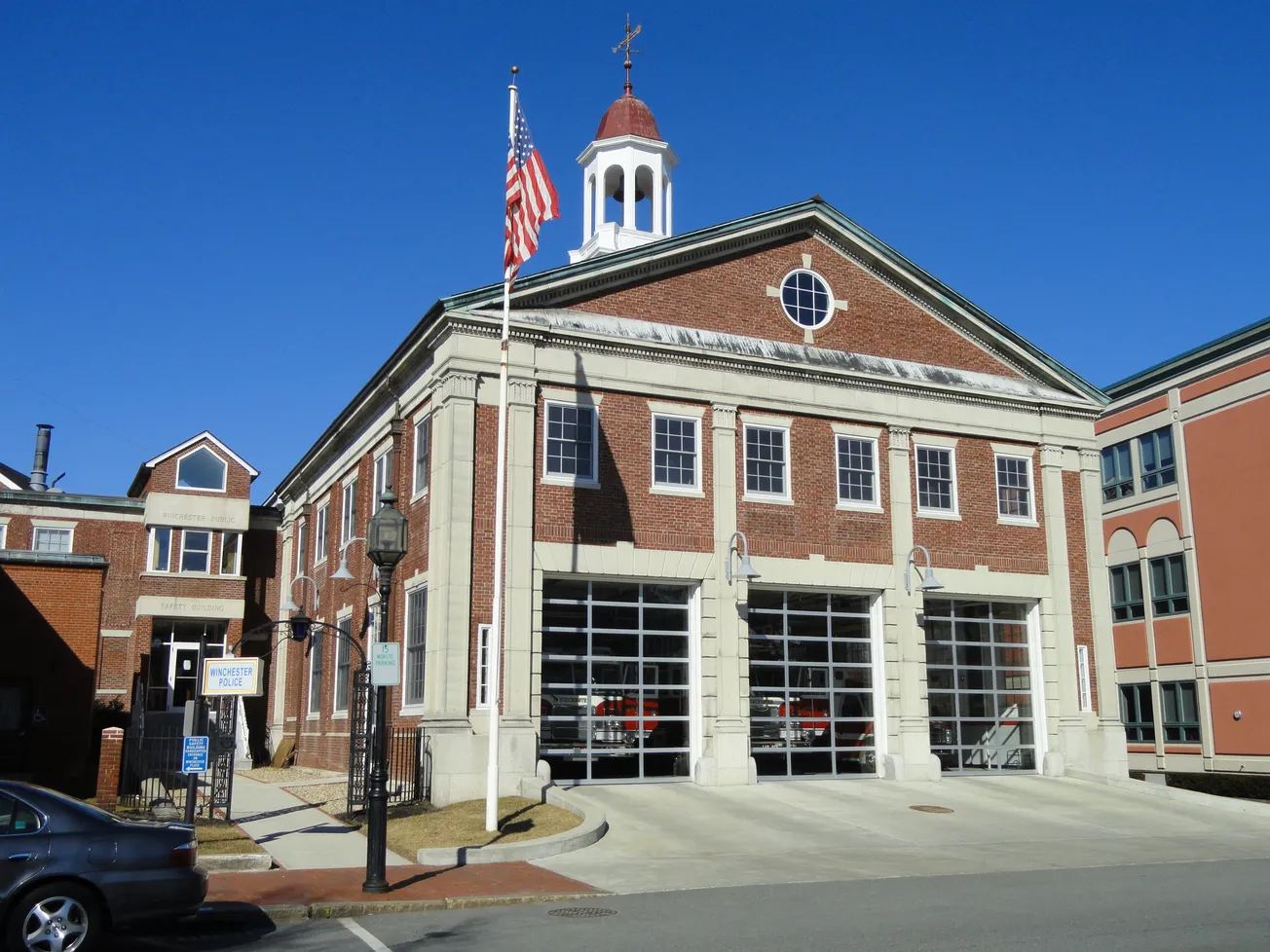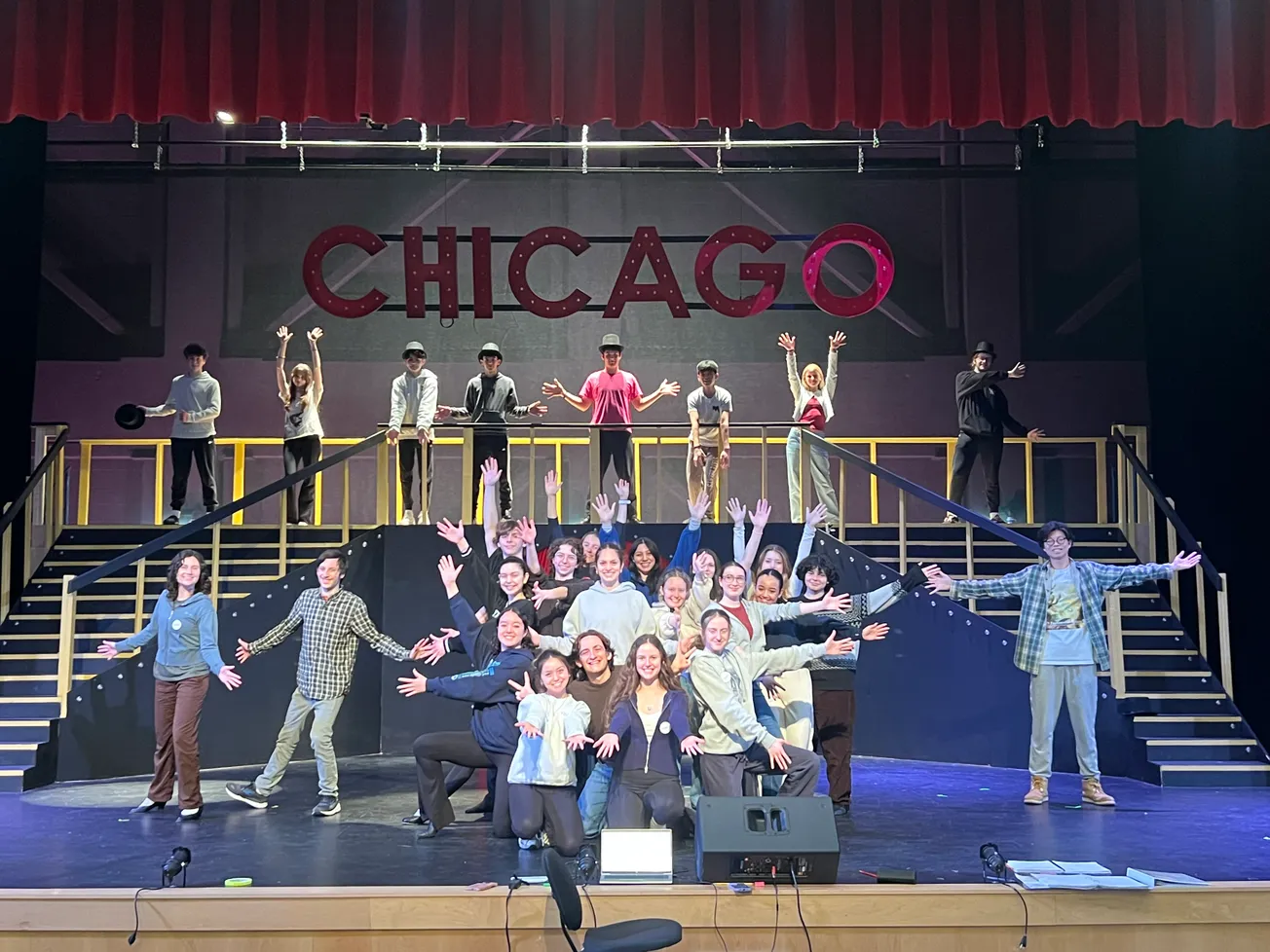Table of Contents
The Winchester Select Board addressed multiple issues at its January meeting, making key decisions on outdoor dining regulations, pedestrian safety measures and affordable housing initiatives while grappling with ongoing MBTA construction delays.
Outdoor dining gets makeover
The board modified the town’s outdoor dining program for 2025. The approved policy includes outdoor dining from the first Wednesday in May to the third Wednesday in October, reduces fees to $800 per parking space from $1,000 and limits restaurants to using spaces directly in front of their establishments unless otherwise approved by the board.
Safety improvements target dangerous crossings
The board approved three new locations for rapid flashing beacons to improve pedestrian safety, prioritizing the Mystic School crosswalk on Main Street. Additional beacons are planned for Johnson Road at Cox Road and Highland Avenue at Wolcott Road, pending funding availability.
Traffic studies showed particularly concerning data at the Johnson Road location, where the 85th percentile speed reached 42 mph in a 35-mph zone.
MBTA delays stretch into 2025
The board voted to extend the MBTA’s construction easement through June 1, 2025, despite some members’ concerns about leverage with the transit authority.
The extension allows continued work on the Winchester Center Station reconstruction project, though members expressed frustration with ongoing delays and impacts on downtown businesses.
Affordable housing plans advance
The board authorized the Affordable Housing Trust to begin feasibility studies for developing town-owned property at 160 Forest St. The initial phase will assess physical conditions, zoning constraints and development options before launching broader community discussions about potential uses for the site.
Budget challenges emerge
Looking ahead to mounting fiscal challenges, the board discussed forming a committee to address projected operating deficits and the impact of upcoming capital projects on taxpayers.
Town Manager Beth Rudolph cautioned that balancing the budget without using reserve funds would likely require significant staffing cuts, suggesting the possibility of a future override vote to maintain service levels. However, it’s January and the budget development process is underway.
In other business, the board discussed options for adding workers’ compensation insurance to limit the town's liability exposure. Currently self-insured, the town is considering coverage that would cap its exposure at either $500,000 or $1 million per occurrence.








